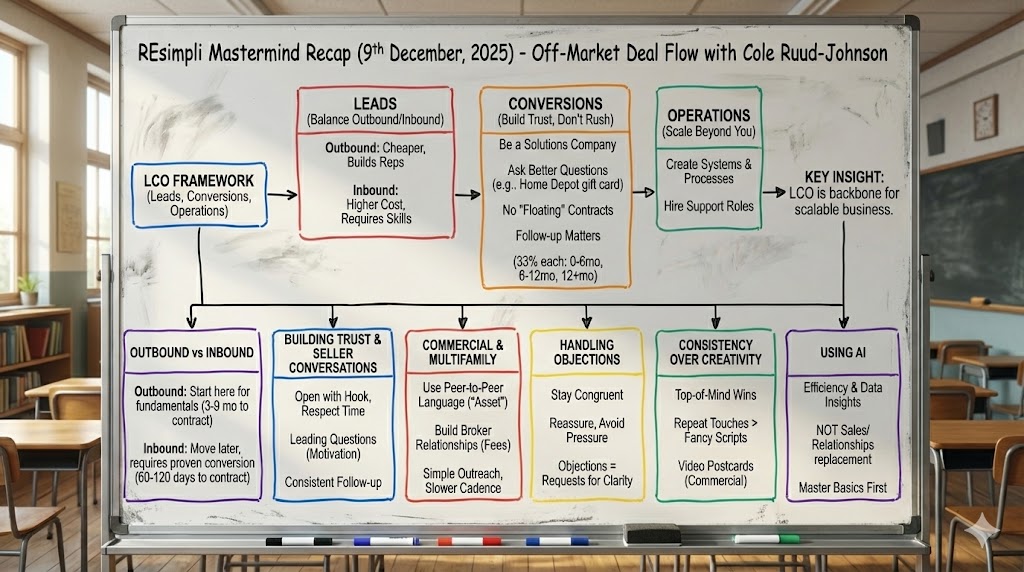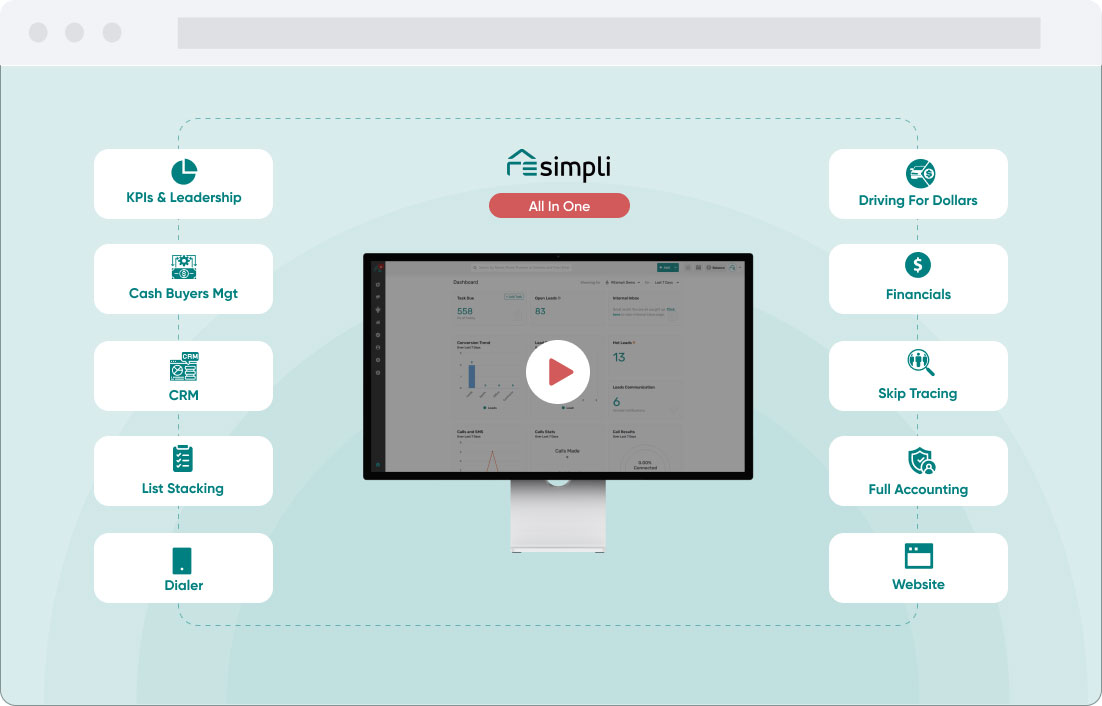Buying a House Under an LLC? Here’s What You Need to Know
When it comes to real estate investments, the decision to purchase a property under a Limited Liability Company (LLC) can open opportunities and challenges.
This guide will discuss the requirements to buy a house under an LLC, offering a detailed conversation for seasoned investors and newcomers to the real estate market.
We’ll dissect the complexities of LLC property ownership, providing a roadmap of the legal landscape and strategic considerations pivotal for informed decision-making.
Buying a house under an LLC is more strategic than simply purchasing a property.
It requires an understanding of specific legal structures, tax implications, and the flexibility that LLCs offer.
We will walk through the essential steps, from forming an LLC to understanding the ongoing compliance requirements, ensuring you’re well-prepared before making this significant move.
Additionally, we’ll critically evaluate the pros and cons of buying a house under an LLC, helping you weigh the benefits of asset protection and tax advantages against the costs and administrative responsibilities involved.
Can you buy a house under an LLC? As we answer the question, you’ll gain insight into how LLCs can impact financing options, property management, and investment scalability.
We hope to offer practical strategies and advice to help you leverage LLC ownership for real estate success.
What to Know about an LLC
When deciding to purchase a house under an LLC, it’s essential to understand the legal frameworks and nuances of LLC structures.
This understanding is necessary for compliance with local and state laws and to leverage the full benefits of buying a house under an LLC.
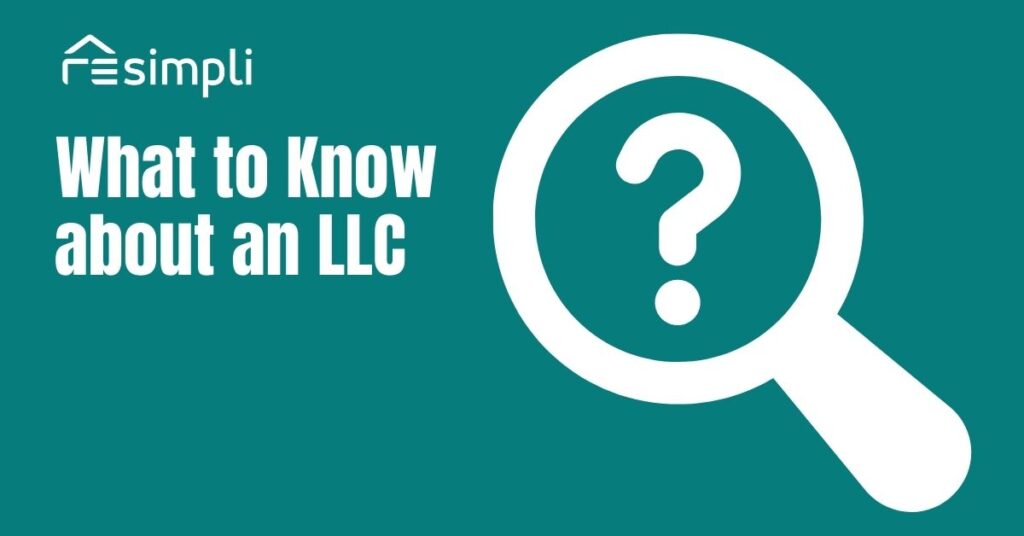
Primary Types of Business Entities
This article is about purchasing property under an LLC business entity, but before we dig in, let’s briefly recap the primary types of business entities and what each entails.
Sole Proprietorship
- Owned and operated by one individual.
- Simplest form of business entity with no separate legal existence from the owner.
- Profits and losses are reported on the owner’s personal tax returns.
Partnership
- Owned by two or more individuals.
- Includes General Partnerships (GP), where partners manage the business and are liable for debts, and Limited Partnerships (LP), with limited liability for some partners.
- Income and losses pass through to the partners’ personal tax returns.
Corporation (C-Corp and S-Corp)
- A legal entity separate from its owners.
- C-Corps are taxed at the corporate level and then again at the shareholder level (double taxation).
- S-Corps allow profits and losses to pass through to shareholders’ personal tax returns, avoiding double taxation.
- Offers limited liability protection.
Limited Liability Company (LLC)
- Provides liability protection like a corporation but with the tax benefits of a partnership.
- Flexibility in management and fewer formalities compared to corporations.
- Profits and losses can pass through to members’ personal tax returns.
Why Form an LLC?
There are many motivations for forming an LLC for real estate transactions.
LLCs and sole proprietorships are two of the most common types of businesses. As many as 35% of small businesses are formed as an LLC.
Here are a few key reasons why investors and property owners opt for this path:
Liability Protection
The most common appeal of an LLC is its ability to protect personal assets from business debts and legal judgments.
In real estate, if your LLC faces a lawsuit or incurs debt, your personal assets (e.g., your home, car, or individual bank accounts) are typically protected.
Tax Benefits
LLCs often provide tax advantages.
Unlike corporations, LLCs are not taxed at the business level, so profits and losses can pass through to your personal tax return, potentially leading to tax savings.
Estate Planning
An LLC can simplify the process of passing real estate holdings to heirs.
If you transfer property to LLC, you can transfer ownership shares to family members with reduced tax implications.
Credibility with Partners and Lenders
Operating under an LLC can enhance your credibility with potential partners and lenders.
It signals a level of professionalism and commitment to your real estate ventures.
Flexibility in Property Management
LLCs offer flexibility in management and ownership structure, which benefits investors who plan to have partners or want the option to sell or expand their portfolio quickly.
Privacy
Buying property through an LLC can offer a degree of anonymity.
The LLC’s name, not your personal name, appears on public records, which can be a significant advantage for investors who prefer privacy.
Understanding the primary reasons why some decide to form an LLC can be helpful to see if this strategy aligns with your own real estate needs.
Whether it’s for liability protection, tax reasons, estate planning, or privacy, forming an LLC should be a decision based on your own specific goals.
Legal Requirements and Considerations
At its core, an LLC is a business structure allowed by state statute.
These structures are popular because they offer the liability protection of a corporation with the tax efficiencies and operational flexibility of a partnership.
When buying a house under an LLC, the first step is forming the LLC itself.
This process to form an LLC includes:
- Filing Articles of Organization: This is a fundamental document filed with your Secretary of State’s office to officially create your LLC.
- Operating Agreement: While not required in all states, this internal document outlines the LLC’s ownership and operating procedures, crucial for multi-member LLCs.
- Compliance with State Regulations: Each state has its own set of rules for LLCs. For example, some states require an annual report and fee. Understanding and adhering to your state’s specific requirements is critical to maintaining your active status.
Business creation is trending up in the United States, with 4.9 million applications submitted, a 28% increase from 2019–2022.
Of the applications received, 290,000, or 6%, were in the real estate sector.
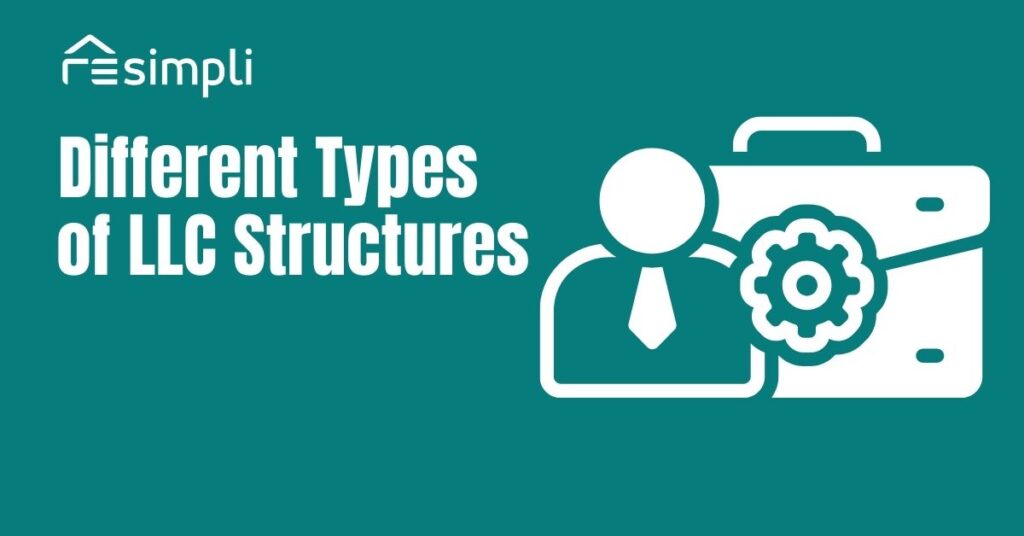
Different Types of LLC Structures
Understanding the various types of LLC structures can be helpful when making a decision that aligns with your real estate investment goals. Each type of structure offers distinct features and benefits.
Single-Member LLC
This structure is the simplest form of an LLC, owned and operated by one individual or entity.
It’s ideal for solo real estate investors who want to keep their businesses small and manageable.
The owner of the LLC has complete control over decisions and profits but is also solely responsible for any debts or legal actions.
Tax-wise, a single-member LLC is treated as a “disregarded entity” by the IRS, meaning the business itself isn’t taxed. Still, its income is reported on the owner’s personal tax return.
Multi-Member LLC
If you form an LLC with two or more members, it’s a multi-member LLC.
Members can include individuals, corporations, other LLCs, or foreign entities.
A multi-member LLC offers a more complex management structure than a single-member LLC and requires a detailed operating agreement outlining member roles, profit sharing, and dispute resolution.
This company type is treated as a partnership for tax purposes, with profits and losses passing through to members’ personal tax returns unless it elects to be taxed as a corporation.
Series LLC:
Available in only 19 US states, a Series LLC allows for creating multiple “series” or “cells” within one LLC.
Each series can own distinct assets, incur separate liabilities, and have different members and managers.
This structure is advantageous for real estate investors who own multiple properties, as it isolates the risks associated with each property.
However, it’s essential to note that the legal recognition of Series LLCs may vary across states, affecting how they are treated in interstate transactions.
L3C (Low-Profit Limited Liability Company)
The Low-Profit LLC is a hybrid structure that combines the legal and tax flexibility of a traditional LLC with the social benefits of a non-profit organization.
L3Cs are designed to pursue a socially beneficial purpose, not merely profit, making them an uncommon choice for real estate investments unless they align with a charitable or educational mission.
Only 15 US states support the formation of an L3C.
Professional LLC (PLLC)
Limited to 29 US states, this LLC is specifically designed for licensed professionals such as doctors, lawyers, and accountants; PLLCs are similar to regular LLCs but often have additional state-mandated requirements.
While typically not used for real estate, they can be relevant in scenarios where licensed professionals provide real estate services.
Anonymous LLC
In three US states—Delaware, New Mexico, and Wyoming—you can form an Anonymous LLC where the owners’ identities are not disclosed on public records.
This type of LLC offers an extra layer of privacy, beneficial for investors who wish to remain anonymous.
Anonymity can be beneficial in sensitive negotiations or competitive real estate markets.
Choosing the right LLC structure depends on various factors, including the number of owners, the level of liability protection needed, tax considerations, and the specific goals of your real estate investment.
Understanding these nuances is key to making the best choice for your real estate ventures.
Local Laws and Regulations
The flexibility of an LLC also comes with the need to be vigilant about local laws and regulations.
For instance, some states have higher fees or taxes for LLCs or specific rules regarding how to transfer property to an LLC.
Additionally, local zoning laws and HOA (Homeowners Association) rules may affect the use of your property.
- Local Zoning Laws: Understand if the property you intend to purchase is restricted by local zoning laws when owned by an LLC.
- HOA Regulations: If the property is in an HOA community, check for any rules that might apply to LLC ownership.
While LLCs offer a blend of liability protection and operational flexibility, navigating their legal landscape requires a thorough understanding of state-specific requirements, the nuances of different LLC structures, and the impact of local laws.
With this knowledge, you’ll be better positioned to make informed decisions about your real estate investments.
Pros and Cons of Buying a House Under LLC
Like many other real estate investing strategies, purchasing real estate through an LLC provides a host of potential benefits and drawbacks.
Understanding these can help you determine if this approach aligns with your investment strategy. Let’s explore.
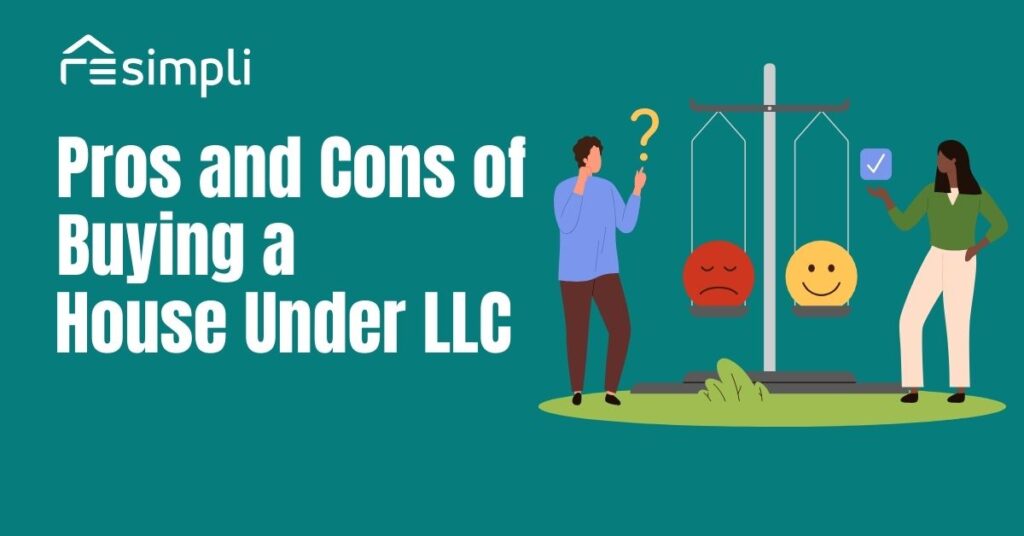
Advantages of Buying a House Under an LLC
Earlier, we discussed the benefits of forming an LLC, including beneficial tax implications, liability protection, and market credibility.
Let’s extend this discussion to how real estate investors gain benefits from buying a house under an LLC.
Tax Benefits
One of the most significant advantages of an LLC in real estate investing is the potential for tax savings.
Here are some ways you could benefit:
- LLCs typically do not pay taxes at the business level. Instead, profits and losses are “passed through” to the members’ personal tax returns.
- The LLC structure can avoid double taxation, a common concern in corporations.
- LLCs can deduct operational expenses, including mortgage interest, property taxes, and maintenance costs, from their taxable income.
Discuss your plans with an accountant to gauge the impact of forming an LLC on your tax liability.
Flexibility in Management and Ownership
LLCs provide a high degree of flexibility for real estate investors.
They don’t require a board of directors, shareholder meetings, or other formalities that corporations do but still provide some of the liability benefits.
This flexibility extends to ownership, as LLCs are allowed unlimited members and can create their own operating agreements.
Ease of Ownership Transfer
Transferring LLC membership interests can be more straightforward than transferring real estate property.
This ease is particularly beneficial for estate planning, allowing you to pass on your real estate investments to heirs without the need for complex trust arrangements or the traditional probate process.
Disadvantages of Buying a House under an LLC
Now, let’s look at some disadvantages a real estate investor may face when purchasing a home through an LLC.
Costs of Forming and Maintaining an LLC
There are costs associated with forming an LLC, which vary by state. These include filing fees for Articles of Organization and potential annual fees or taxes.
Filing fees, for example, can range from $50 to $500 or more, depending on the state.
Maintaining an LLC requires ongoing administrative tasks, such as filing annual reports and keeping financial records.
For some investors, these costs and administrative burdens can be a significant drawback.
Financing Challenges
Obtaining a mortgage through an LLC can be more challenging than securing personal financing.
This difficulty is because some lenders may perceive loans to LLCs as higher risk, which can lead to higher interest rates or stricter lending criteria.
To bypass this challenge, you may be asked to back the debt with your personal assets.
Also, some lenders may not offer residential mortgages to LLCs in general, which limits your financing options.
Limited Liability Protection: While an LLC provides liability protection, this is not absolute. In certain situations, such as personal guarantees on loans or illegal activities, the veil of LLC protection can be pierced, exposing members to personal liability.
In conclusion, the decision to buy a house under an LLC involves balancing the advantages of tax benefits, management flexibility, and ease of ownership transfer against the disadvantages of formation and maintenance costs, potential financing challenges, and limitations of liability protection.
Understanding these pros and cons of buying a house under an LLC is crucial for making an informed decision that aligns with your real estate investment goals.
Conclusion
In real estate investing, the decision to buy a house under an LLC shouldn’t be made quickly.
It is a choice that can provide opportunities and complexities and demands a thorough understanding of the requirements, legal implications, and practical considerations.
This broad exploration into the requirements to buy a house under an LLC and the pros and cons of buying a house under an LLC serves as a foundational guide to navigate these plans.
However, it is just the beginning of a much more complex discussion.
The advantages of an LLC, such as liability protection, tax benefits, and management flexibility, can be substantial for a real estate investor.
However, these benefits come alongside responsibilities and potential drawbacks, including the costs of LLC formation and maintenance, financing complexities, and liability protection limitations.
Balancing these factors is crucial for success.
Each real estate venture is unique, and the suitability of an LLC structure varies based on individual circumstances and goals.
Therefore, you must move forward by seeking professional advice from attorneys, accountants, or real estate experts.
Their informed guidance will be essential for making informed and careful decisions.
These professionals can provide tailored advice based on your situation and help navigate the legal intricacies, tax implications, and financial considerations of purchasing a house under an LLC.
The initial question of whether you can buy a house under an LLC is a strategic decision, not a logistical one.
It requires aligning your investment decisions with your long-term goals.
As you consider this significant step in your real estate plans, let your decisions be guided by thorough research, careful consideration, and expert counsel.
With the right approach and guidance, buying a house under an LLC can be a rewarding and strategic move in your investment portfolio.

